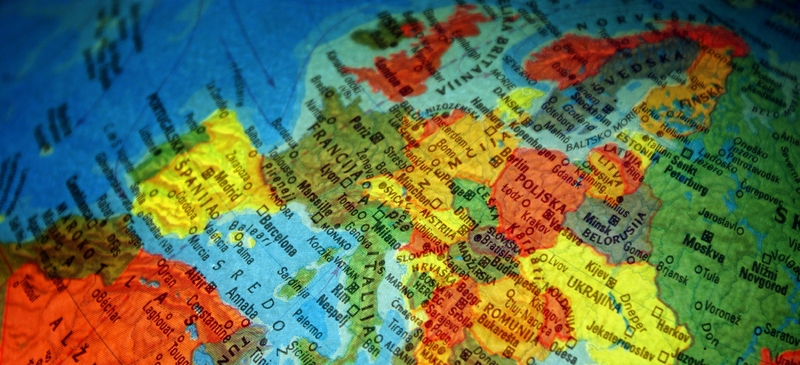
The wrong benchmark for Eastern Europe
The wrong benchmark for Eastern Europe
by Katinka Barysch
In November last year, Anders Aslund, a long-time observer of transition economies, rang the alarm bells over Eastern Europe. In an FT article he talked about “Central Europe’s political malaise” and warned that budget profligacy and reform fatigue would keep the new members from catching up with the West.
The tone was very different at last week’s Euromoney’s East European investment conference in Vienna. Bankers and politicians extolled the virtues of a fast-growing, open and stable region. The tenure of most speeches was: “We may have problems in the East, but on many fronts were are already better than the ‘old’ EU (or at least bits of it)”.
That’s certainly true for growth. In the last five years, the 12 new members recorded an average growth rate of 4.5 per cent, well above the EU-15’s 1.6 per cent. But the comparisons go further. “We are much faster reformers than the West Europeans” beamed one Serbian representative in Vienna. Romanians and Croatians were proud that the World Bank – in its annual ‘Doing business in 2007’ survey – put them into the group of fastest-reforming countries. Only one of the ‘old’ EU countries (France) made it into the list.
Romanians and Bulgarians also stressed that they came far ahead of long-standing EU members Italy and Greece in the World Bank’s overall ranking (which assesses the ease of starting a business, getting a loan, paying taxes and so on). Czechs and Slovenes have less unemployment than France, taxes in Slovakia are lower than in Germany …
Stop! These comparisons may be uplifting for countries that have struggled for more than a decade to join the EU club. But they miss the point. Eastern Europe gains nothing by benchmarking itself against the worst-performing EU-15 countries. This breeds complacency, which is not something that Romania, Poland or even the booming Baltics can afford.
The new members are doing well now. But they are in a rather uncomfortable spot between a high-tech Western Europe and low-cost emerging Asia. When it comes to skills, innovation and flexibility, the new members are miles away from the top EU performers. When it comes to wages, they cannot (and should not) endeavour to compete with China. The average Chinese worker earns $1.60 an hour, according to estimates from the Economist Intelligence Unit, while Chinese productivity has grown by 5 per cent a year over the last half-decade. In Hungary, wages are 5-6 times higher while productivity growth is half that of China. Further east, wages are still lower, but they are rising fast: Romania’s real wage growth exceeds 10 per cent.
China’s current export success rests largely on labour-intensive, mass-manufactured goods and consumer electronics. Most of the ‘old’ EU (perhaps with the exception of Portugal and Greece) has long moved out of the production of T-shirts or television sets, and into sophisticated manufacturing and services that do not directly compete with China. But the new member-states rely on the kind of low value-added goods and consumer electronics that China is specialising in.
There is no need to panic. The East European countries retain many advantages over China: geographical proximity, million of highly skilled, relatively low-cost workers, a business environment that is very similar to that in the ‘old’ EU, and full integration into the EU’s single market.
But competition from China and other emerging economies will force the new member-states to run ever faster just to stand still. They will have to move quickly into higher-value added goods and services. For this, they need vastly better education and training systems, more flexible labour markets and a truly entrepreneur-friendly business environment. In other words, it is Europe’s best performers – Denmark, Sweden, Ireland – that they need to compare themselves too, not the laggards.
Katinka Barysch is chief economist at the Centre for European Reform.
